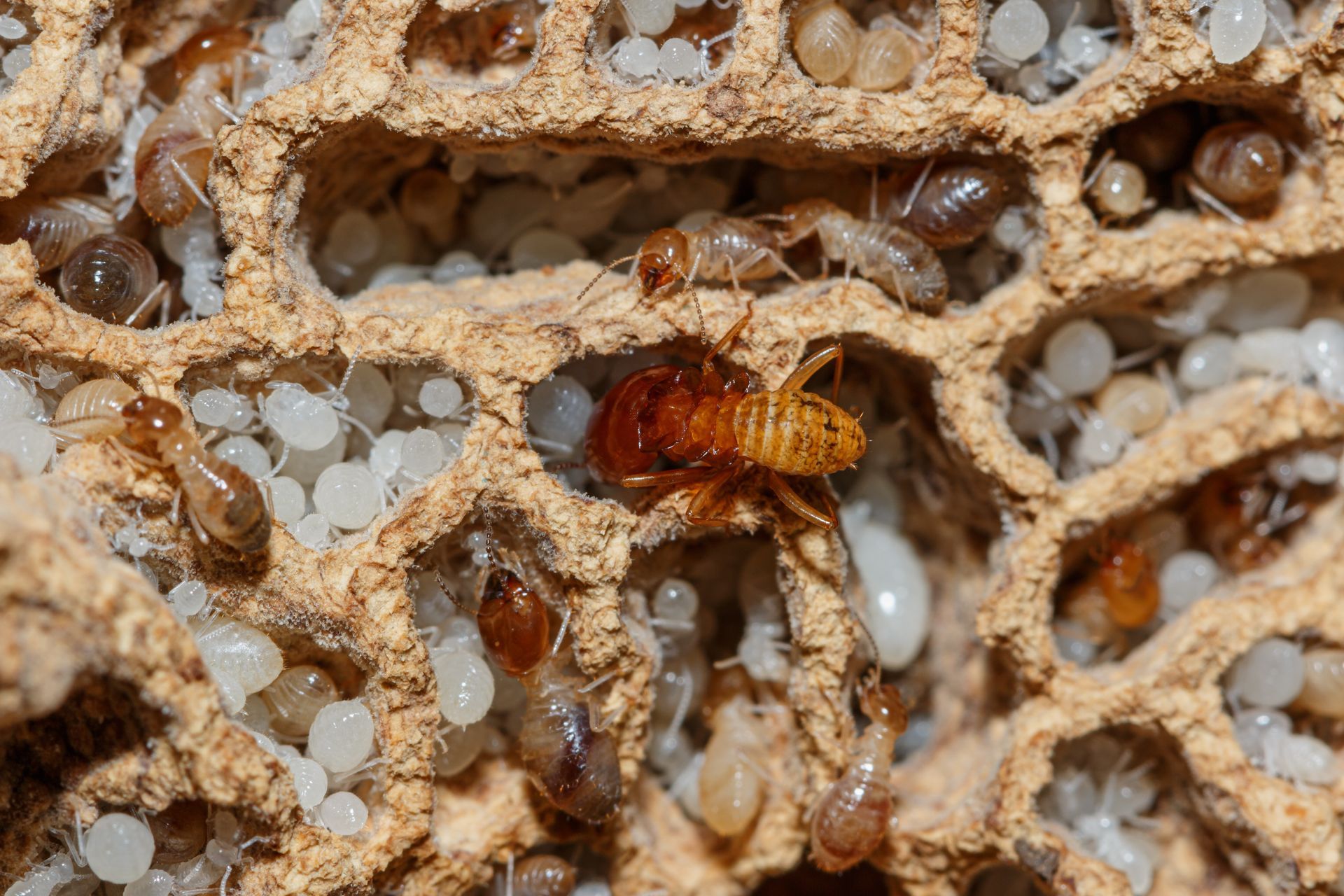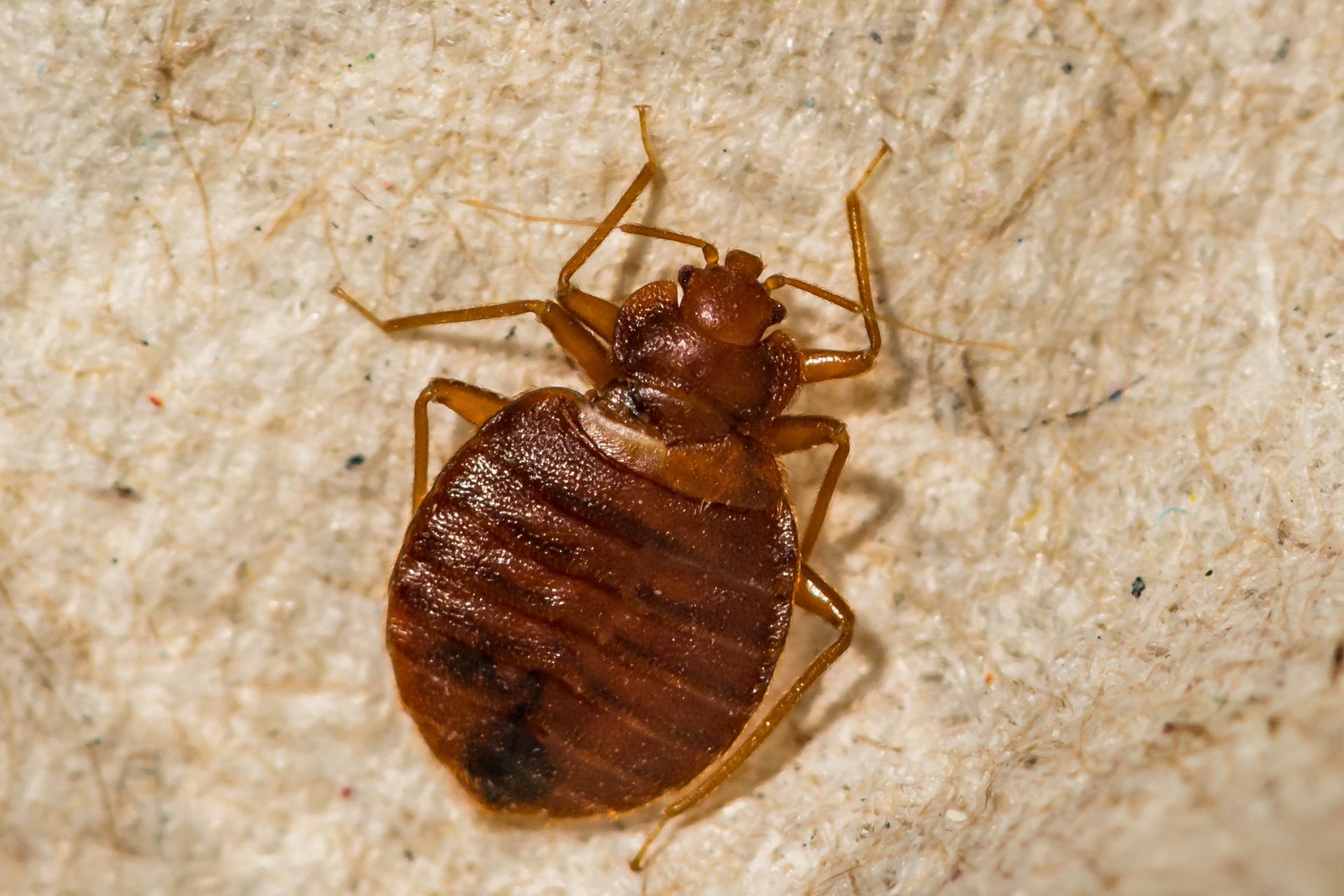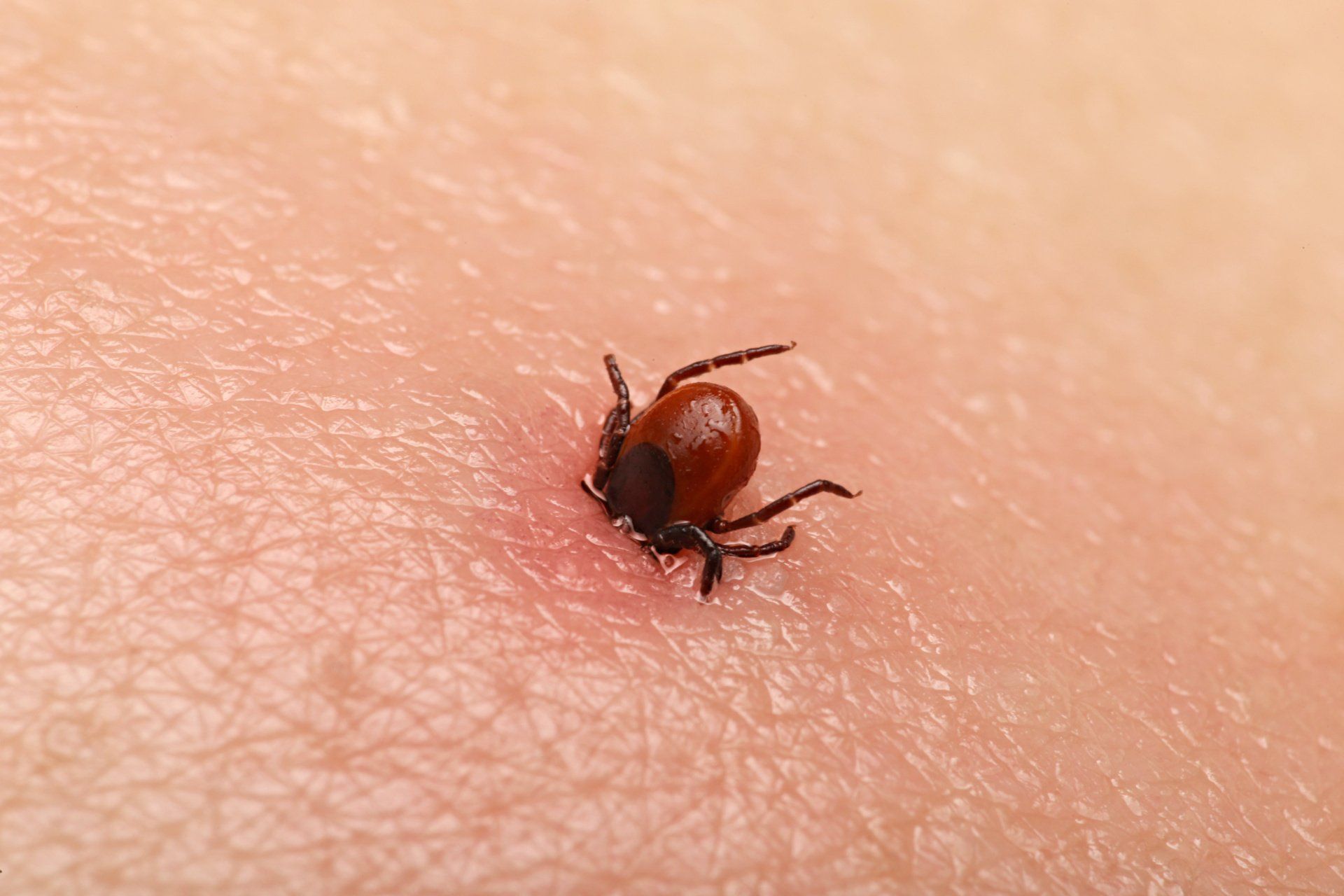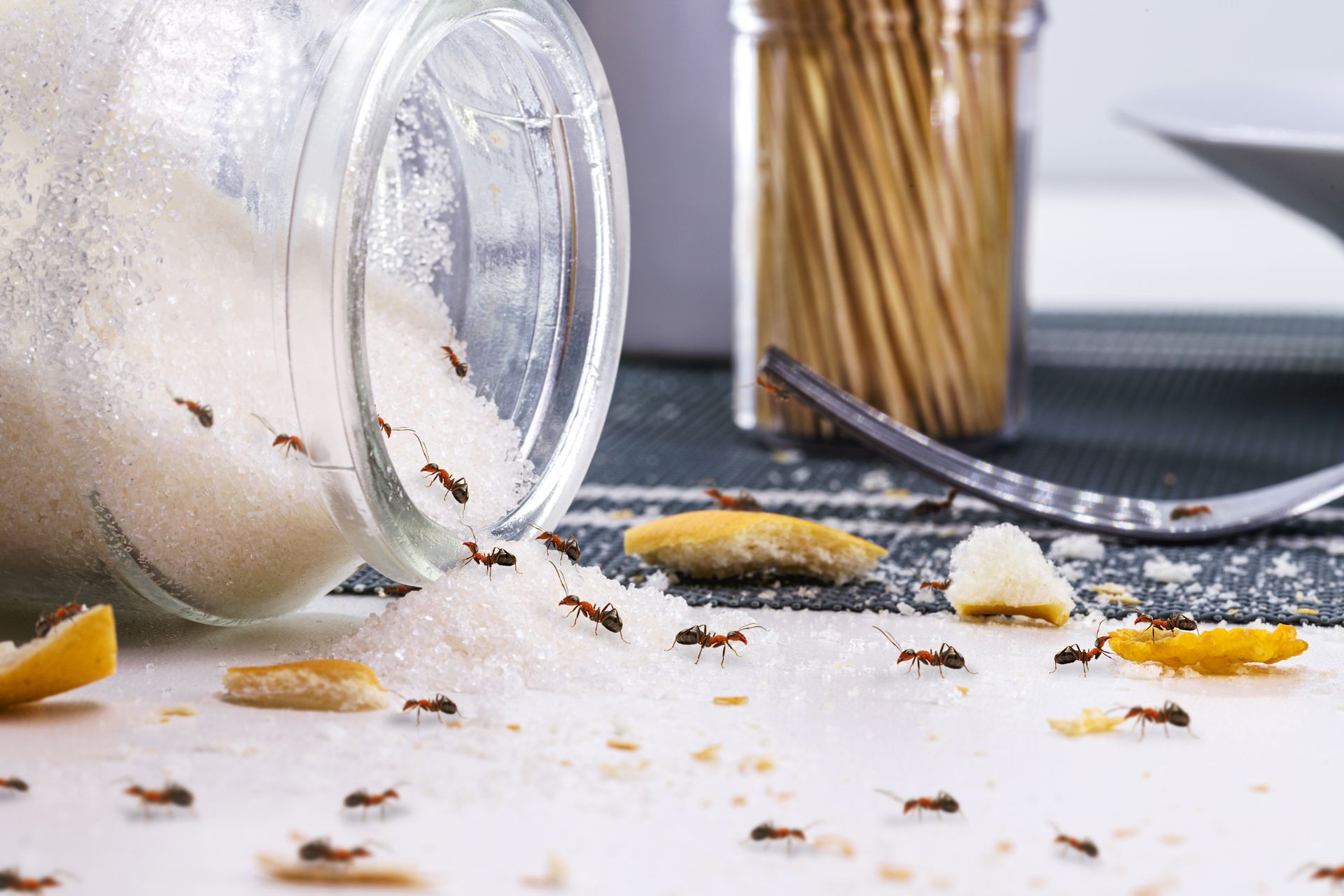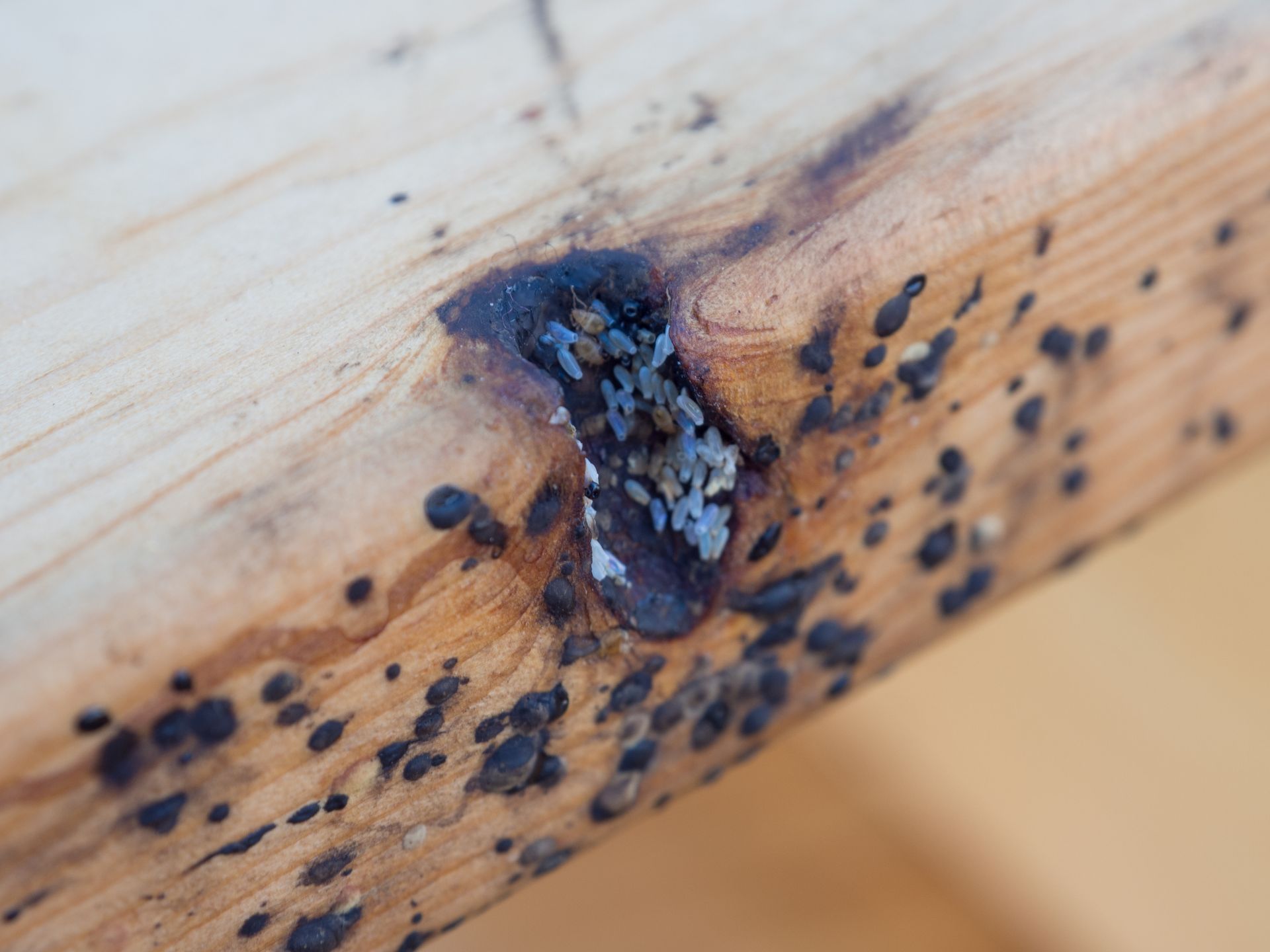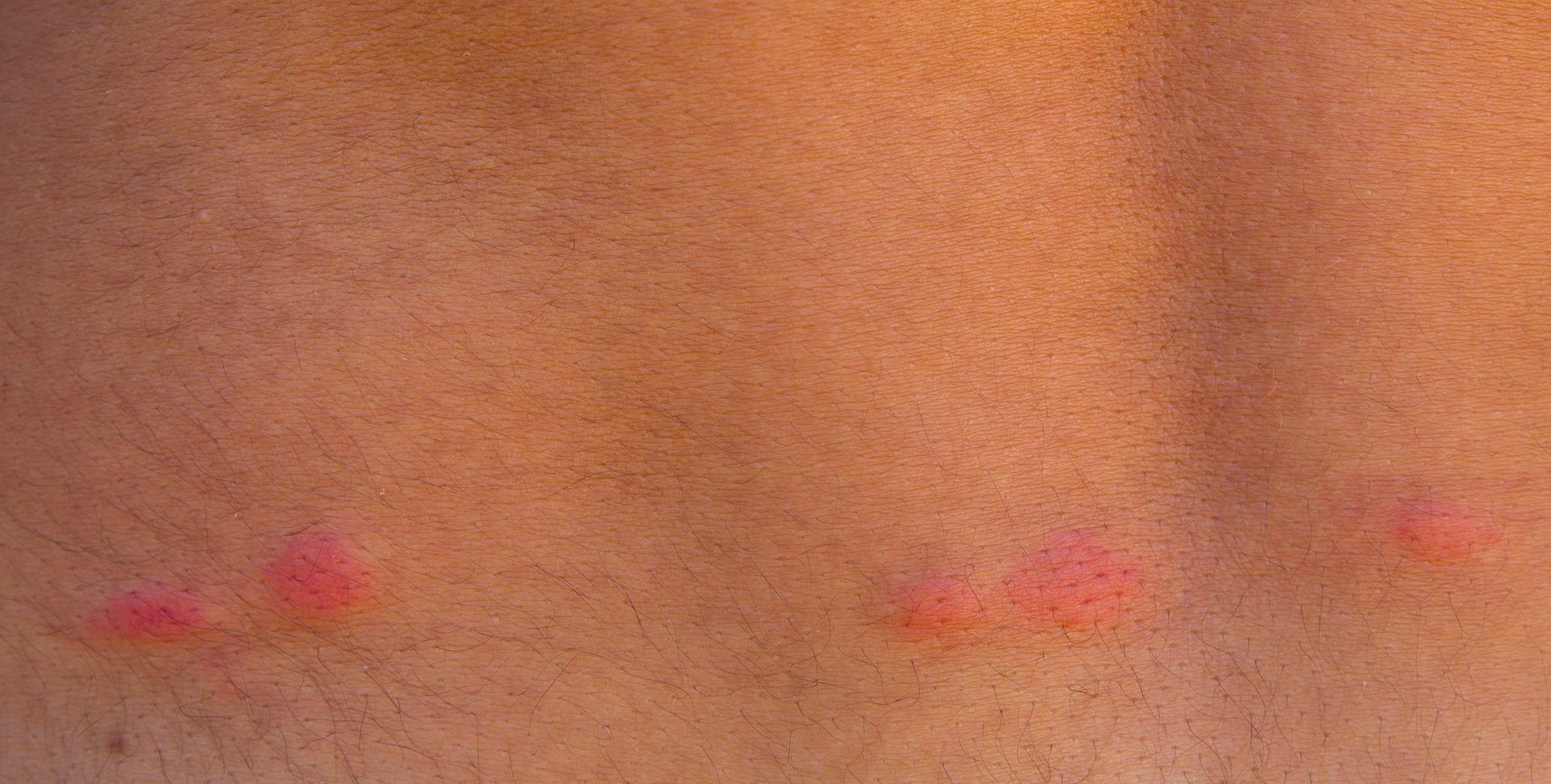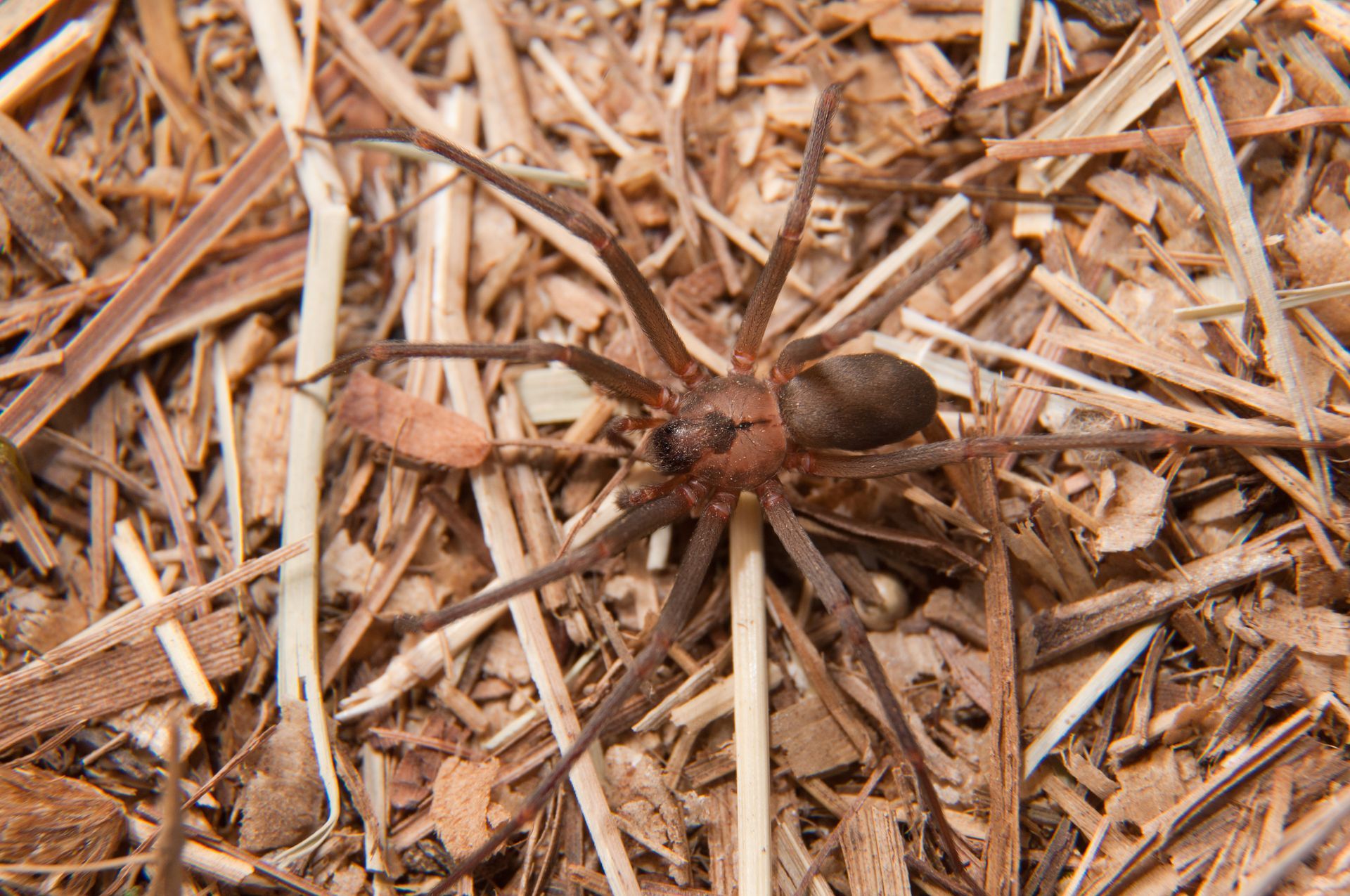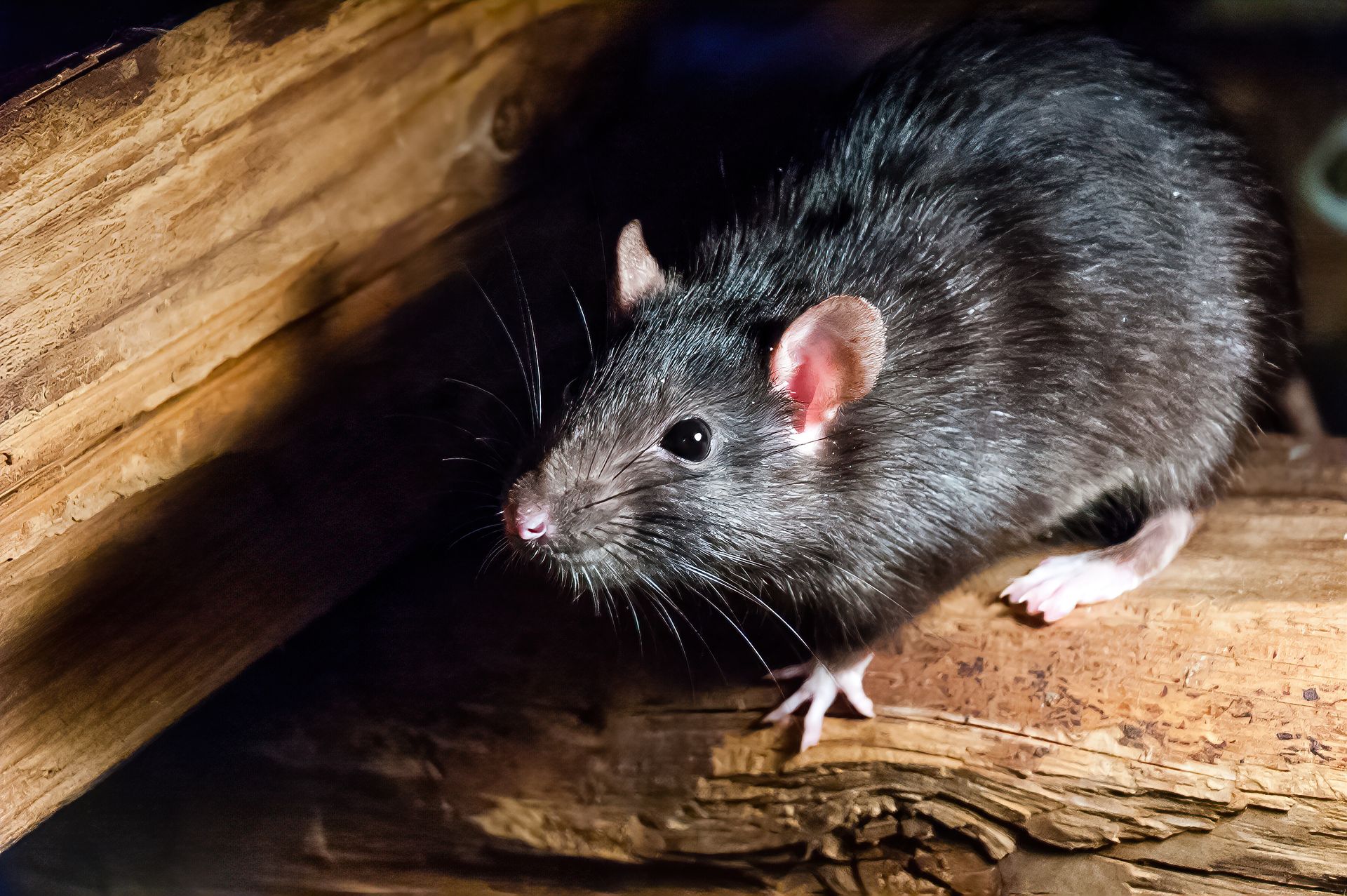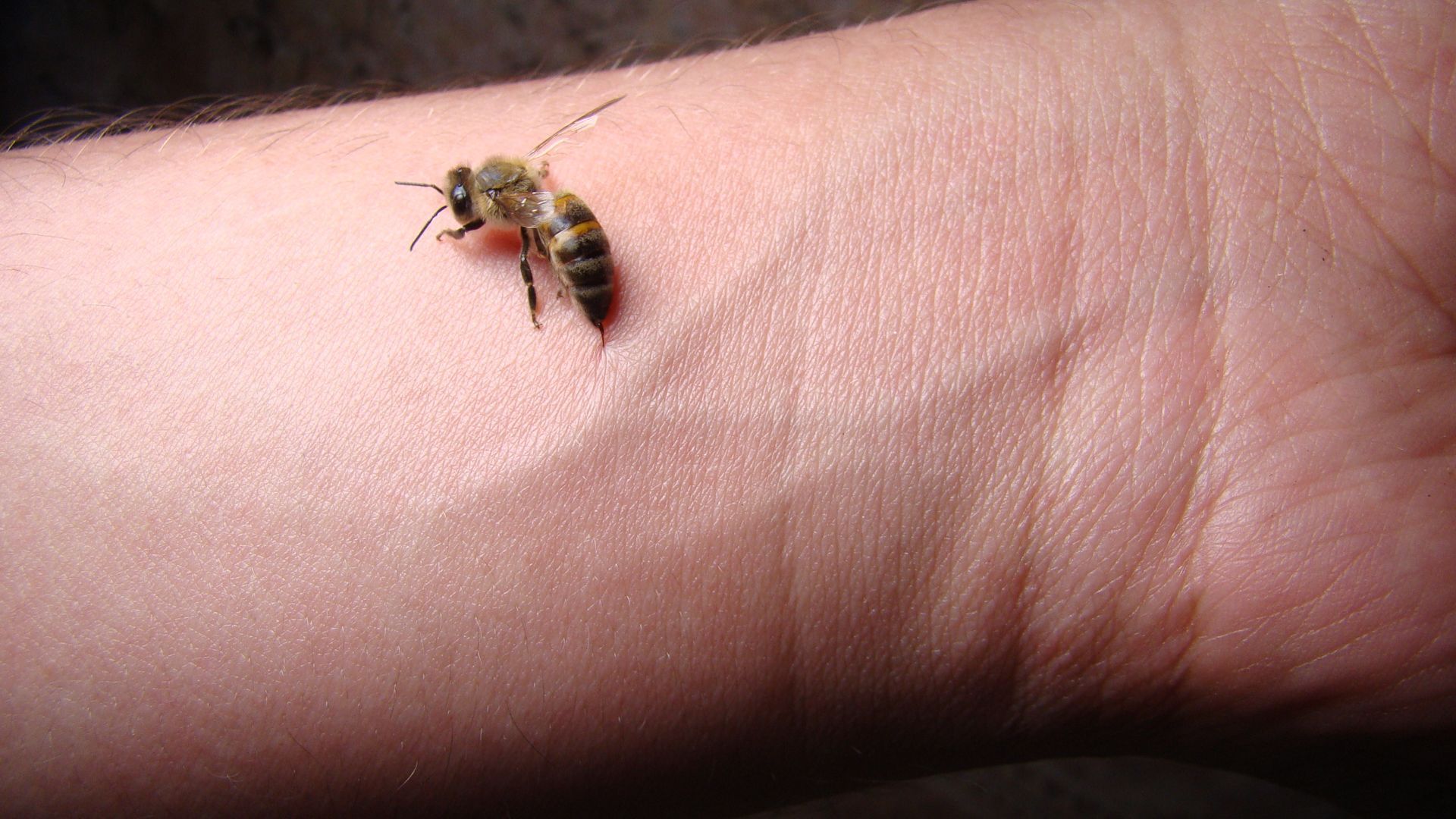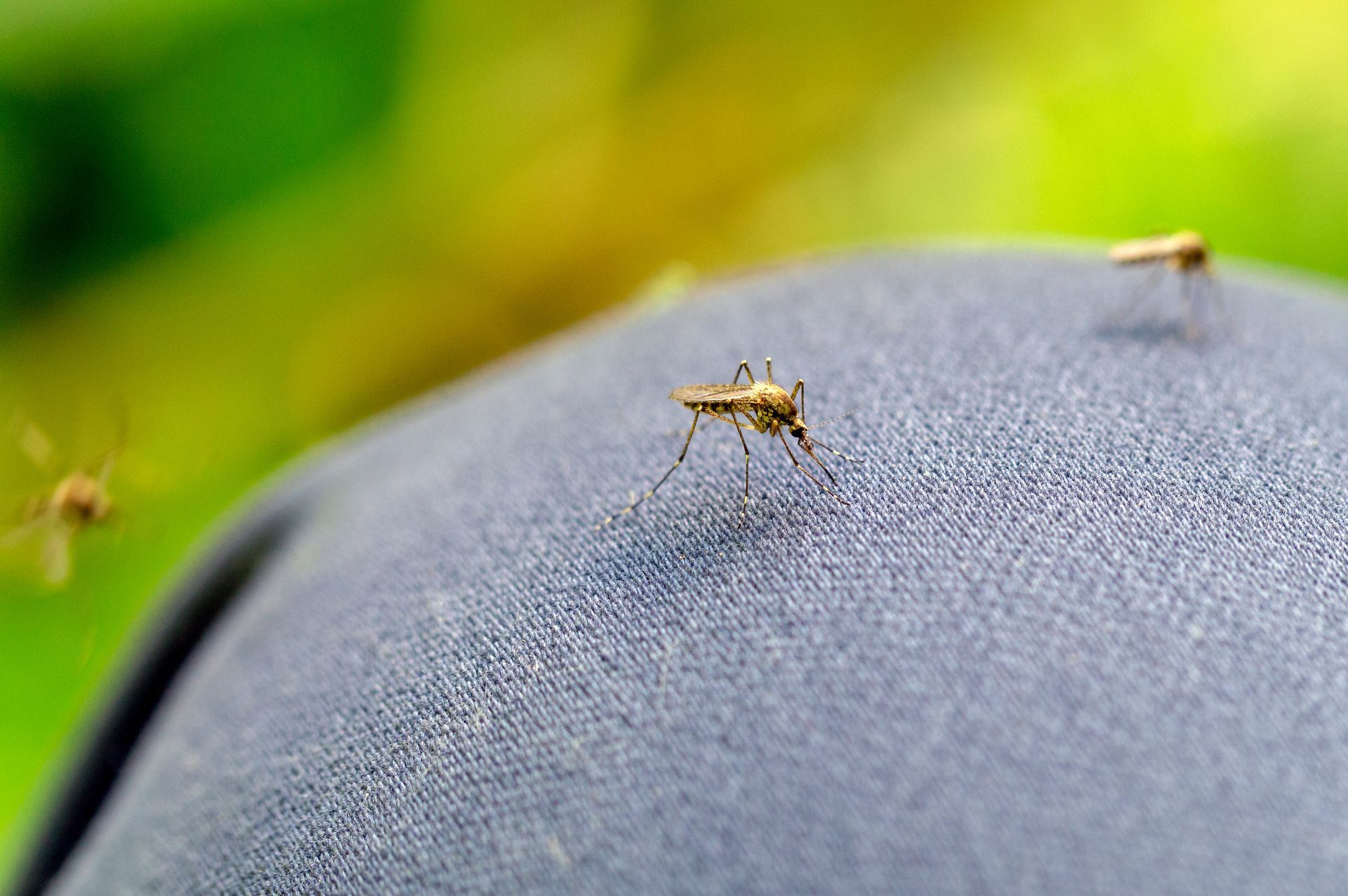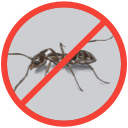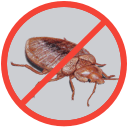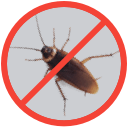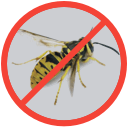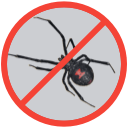How Often Should Pest Control Be Done?
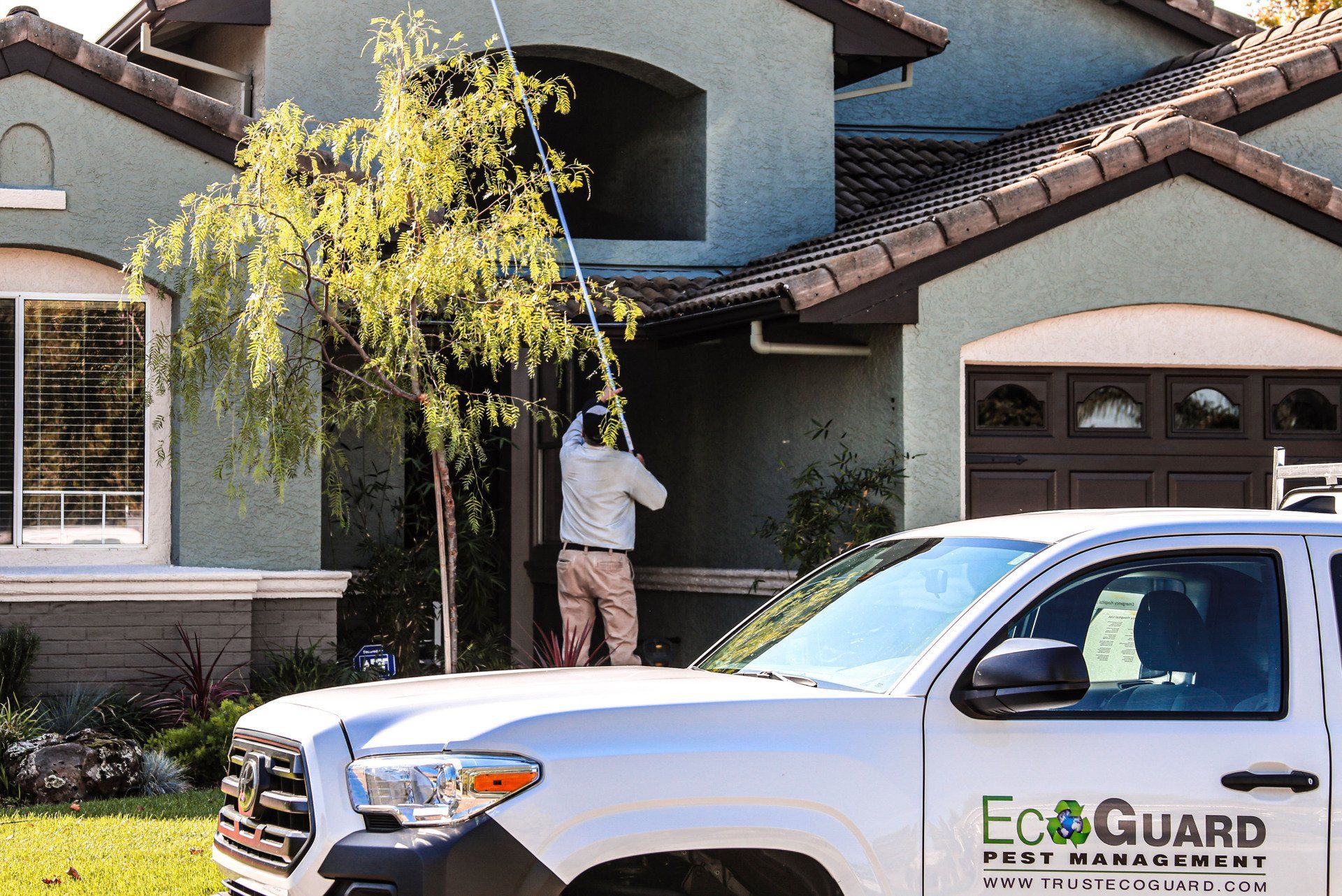
Getting your home or business regularly inspected and treated for pests is important for ensuring that you don’t end up dealing with pest problems that are bigger than they have to be. Regular visits from a licensed and trained pest control expert gives an exterminator the opportunity to check for changes in pest activity, monitor access points, and check existing traps. Any new signs of pests will be treated immediately to minimize the likelihood of a full-blown infestation. However, this begs the question, how often do you really need pest control?
Optimal Pest Control Frequency
The frequency of pest control treatments is not typically determined by how effective the last treatment remains. It is a good rule of thumb that homeowners, property managers, and business operators follow a regular schedule of pest control treatments that occur on a quarterly to monthly basis depending on their needs. Homeowners can get away with quarterly or bimonthly pest control visits due to the likelihood that they do not need pest control services as often as a commercial building. That being said, checkups at least every 3 months is recommended to ensure that seasonal pest control can be implemented to target the bugs that are expected to be a problem the following season.
For commercial buildings like businesses and apartment buildings, pest control is recommended more frequently. This is because there are typically fewer individuals paying attention to pest activity at businesses and apartment buildings have areas that are prime for pests to find food, shelter, and water. If pest activity is found, the frequency of regular pest control visits may increase to monthly visits until a pest infestation is brought under control. When determining frequency of visits, it is also important to account for factors like:
- Location: Humid and warm climates and areas that are known for high levels of pest activity may warrant more frequent visits.
- Building size: The larger the building the more access points and the higher likelihood of a larger population of inhabitants. This means that there are also more resources available that are likely to attract pests.
- Season: Insects are less likely to be active during the winter so regular inspections may not be needed as frequently as spring, summer, or fall when pest activity can be at its peak.
- Weather conditions: Weather extremes like intense heat, cold, and rain can all drive pests inside in search of shelter from the elements. When dealing with a period of extreme weather, it may be prudent to have an exterminator come out and check for pest activity.
How Long Does Pest Control Last?
Pest control treatments are designed to last for a while before the effects start to diminish. The effectiveness of pest control treatments often depends on the type of pesticides or treatments used and how they were applied. There are some treatment options, like bait stations or sticky traps, which last a lot longer than pesticide applications. Options like bait stations are kept hidden in places where pests are likely to find the bait and return to the colony. They will remain there as long as they need to be and can last for several months without changing. Sticky traps are another permanent treatment method whose effectiveness doesn’t fade until the trap is changed. This option is beneficial for not only trapping pests but also for monitoring the progress of other treatment methods like pesticide sprays. The fewer bugs that are caught on these traps, the more effective the other treatments are thought to be.
Contact Pesticides vs Residual Pesticides
The primary method of pest management used by pest control companies is typically pesticide applications. Most pesticides can be classified as either contact pesticides or residual pesticides.
Contact Pesticides
Contact pesticide application is designed to target insects and kill them on the spot as soon as they are sprayed. These pesticides work quickly and will kill off most bugs they target in a matter of seconds.
Residual Pesticides
Residual pesticide application is designed to be sprayed in or around a given area and infect any pests that come into contact with the residue. As insects crawl through the poison, they pick it up on their legs or antennae which then infects the rest of the body causing the insect to die. For this reason, residual pesticides need to last much longer than contact pesticides. The length of effectiveness depends on the type of pesticide used, the surface it is used on, and the conditions in which it remains active.
Natural / Organic Treatments vs Synthetic Treatments
For most common pests there are options to treat with synthetic pesticides or natural / organic pesticides. While both options have proved effective, specific pests and uses may be better suited for each. A popular misconception is that the origin of the pesticide dictates its toxicity. This is not true, the toxicity level of every product should be examined before use.
Synthetic Pesticides
Synthetic is defined by the USDA as “a substance that is formulated or manufactured by a chemical process or by a process that chemically changes the substance extracted from naturally occurring plant, animal, or mineral sources.” These pesticides typically have longer residual effects and require less frequent application.
Natural / Organic Pesticides
Natural or organic pesticides are derived from natural occurring sources that do not require a chemical change to be effective. Examples include but not limited to neem oil, peppermint oil, pyrethrin, and diatomaceous earth. While these alternatives are often great options for sensitive areas, they do typically require a more frequent application rate to maintain effectiveness. They are also more likely to be broken down faster by weather and soil microbes.
Will Rain Wash Away Pest Control?
While rain may not make a direct impact on how effective residual pesticides remain after application, it can still impact its effectiveness by covering the spray up by washing in a layer of dust or debris after it rains. To combat pesticide sprays from being neutralized by inclement weather like rain, there are alternative weapons in an exterminator’s arsenal that can benefit from rain. In addition to residual pesticide spray application, granulated pesticides can be applied that require moisture for activation. This combination acts as a dual threat that stays active and effective regardless of if rain comes in.
Different Types of Common Household Pests
While regular inspections and checkups will help provide general pest control treatments, sometimes targeted treatments are needed. The following are all common pests that generally require specific treatment to successfully eradicate:
- Termites
- Bed bugs
- Wasps
- Bees
- Rats
- Mice
- Cockroaches
- Ants
How Long Do Ant Treatments Last?
Ants are such a common occurrence that they may not seem like a big problem, but ant infestations can grow to tens of thousands with multiple satellite colonies making them very hard to treat. If there is a serious ant infestation, one treatment may not be enough to successfully eradicate the problem. There may need to be multiple treatments before the infestation is fully terminated. After that, regular inspections for recurring ant problems are recommended every 2 – 3 months to ensure that they do not come back.
How Long Do Bed Bug Treatments Last?
The time it takes to get rid of bed bugs really depends on the severity of the infestation. Bed bugs are notoriously difficult to get rid of and they reproduce like crazy. Bed bug treatment is almost guaranteed to take multiple attempts because bed bugs are great at hiding in just about anything from wooden framing to electronics. They can also lay dormant for a long time so even if you think they have been successfully eradicated, they may make a comeback in a couple months. The treatments themselves usually don’t last as long as bed bugs can lay dormant so additional steps like using mattress encasements and bed bug interceptors are also recommended when treating for bed bugs. Regular inspections for bed bugs can last as long as a year from the initial treatment to ensure that they are completely gone.
How Long Do Cockroach Treatments Last?
Cockroaches are durable and persistent pests that require regular inspection, treatment, and on-going monitoring. Treatments come in the form of liquid pesticides, gels, and poison baits. These pesticides infect cockroaches causing them to die and because cockroaches are cannibals, they will feed on infected cockroaches causing secondary infections. This can require a couple treatments, but cockroaches are slightly easier to combat than other more invasive pests. That being said, monitoring for cockroach activity after successful treatment should last for 3 - 6 months to ensure that these bugs don’t come back.
How Long Do Termite Treatments Last?
Similar to cockroaches, termite treatments can come in the form of liquids, gels, and baits but also include foams, dusts, and fumigation. Termites are a much more devastating insect that can cause significant damage to a structure, so termite treatments are designed to last much longer. Solid, liquid, and dust forms of termite treatments may require reapplication every 1 – 3 months but fumigation is designed to stay effective for several years.
How to Ensure Pest Control Treatments Last as Long as Possible
The best way to ensure pest control treatments remain effective as long as possible is to prevent the pests from coming back in the first place. By removing attractants, eliminating shelter, closing up access points, and maintaining regular inspections, most pest populations should be kept under control. It is important to remember that pest prevention is a much easier strategy when it comes to dealing with pests. After they return, treatment becomes necessary again.
Hire Professional Pest Control Specialists
If you are dealing with new or returning pests, it is time to schedule an inspection with qualified pest control experts. EcoGuard Pest Management has a team of licensed and experienced exterminators ready to come inspect your building and create a customized plan designed to treat for your problem pest. Ensure that your property is pest free and call today to get an exterminator out immediately for a free pest inspection!
Pest Control Frequency FAQs
-
How long is pest control good for?
The most effective pest control products that are used by most pest control companies are effective between 30 – 90 days. After that period, the effectiveness of the poisons degrades and need to be reapplied for maximum effectiveness.
-
How often should a house be treated for pests?
Homes should most likely be treated at least on a quarterly basis to ensure that pesticides are still active and effective for the next season of active pests. Each season brings in a new pest type that becomes active. By treating quarterly, homeowners can be sure to increase the likelihood that their pest control is effective.
-
Do natural pest control products work?
There are many natural extracts that have proved effective for preventing a range of common pests. The only downside is that these treatments need to be applied more frequently than synthetic options.
Request A Free Estimate
We will get back to you as soon as possible
Please try again later
Immediate Service Available
Services
Customer Care
Legal
Working hours
- Mon - Sun
- -
All Rights Reserved | EcoGuard Pest Management | All Phone Calls Recorded | By Using Website You Agree To Terms Of Use



